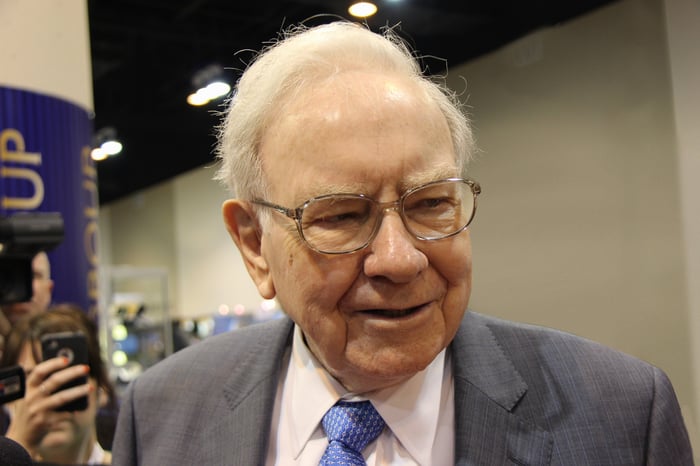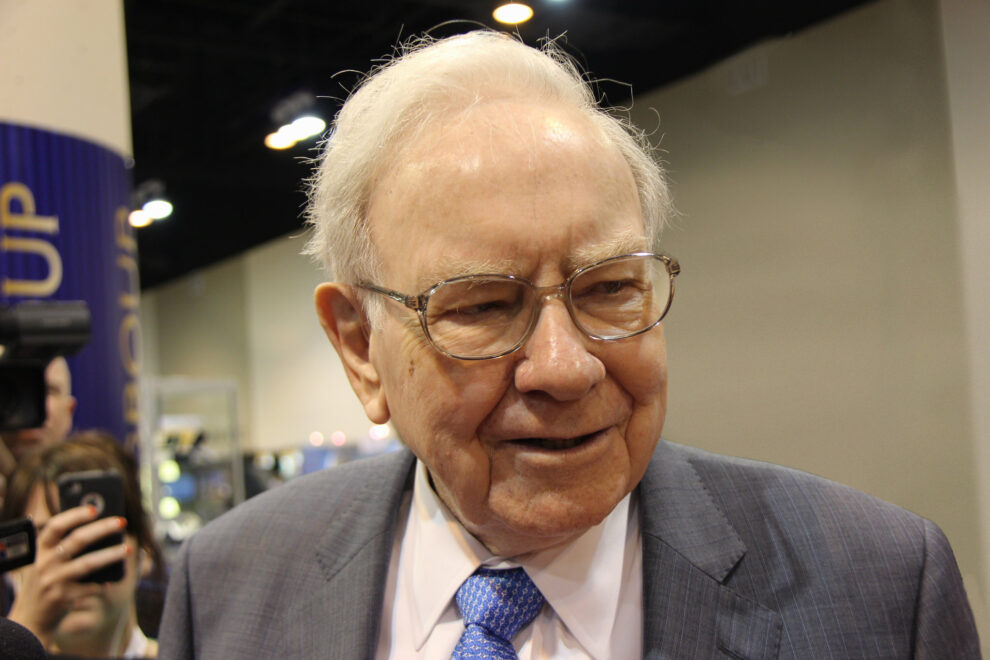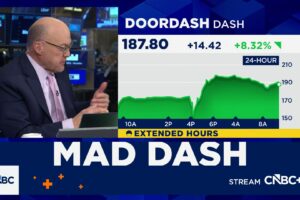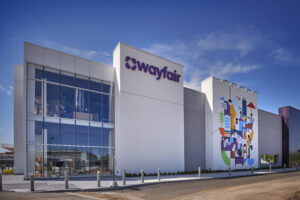Under Warren Buffett’s leadership as CEO, the Berkshire Hathaway (BRK.A -0.29%) (BRK.B 0.07%) investment company has delivered a compound annual return of 19.8% since 1965. That would have been enough to turn an investment of $1,000 back then into a whopping $44.7 million today. By comparison, the same investment in the S&P 500 would have grown to just $338,311 over the same period. That’s why investors closely monitor Berkshire’s every move.
The conglomerate’s success stems from Buffett’s simple investment strategy: He likes companies with steady growth, robust profitability, strong management teams, and shareholder-friendly initiatives like stock buyback programs and dividend schemes. One thing Buffett and his team never do is chase the latest stock market trend, so you won’t find Berkshire piling into red-hot artificial intelligence (AI) stocks.
With that said, three existing stocks in Berkshire’s $315 billion portfolio of publicly listed securities are deploying AI into their legacy businesses in unique ways.

Image source: The Motley Fool.
1. Amazon: 0.6% of Berkshire Hathaway’s portfolio
E-commerce is Amazon‘s (AMZN 1.06%) core business, but the company is also home to the world’s largest cloud computing platform, Amazon Web Services (AWS). Amazon is using AWS to build a dominant presence across the three core layers of AI:
- Infrastructure: AWS designed its own data center chips for AI development. One of them is called Trainium, which offers cost savings of up to 50% during the AI training process, compared to infrastructure powered by competing chips like those supplied by Nvidia.
- Large language models (LLMs): AWS developed a family of LLMs called Titan. Businesses can use them to accelerate the build-out of their own AI software applications. Titan LLMs are available on the Bedrock platform through AWS, along with a selection of other models from third-party AI start-ups like Anthropic.
- AI software: AWS offers a powerful AI virtual assistant called Q. It’s capable of generating computer code to help developers accelerate their software projects, and businesses can also use it to extract valuable insights from their internal data.
But Amazon is also integrating AI into its e-commerce segment. It developed a virtual assistant called Rufus, which can answer shoppers’ questions and even help them with product comparisons. Plus, Amazon launched Project Private Investigator in its fulfillment centers during the recent second quarter of 2024, which uses AI and computer vision to identify defective products before they are shipped to customers. That could be a huge cost saver over the long term, because it will reduce the number of orders that are returned for a refund.
Berkshire bought Amazon stock in 2019, but Buffett has often expressed regret for failing to identify the opportunity sooner. Still, as long as Berkshire continues to hold the stock, it will likely benefit from Amazon’s fast-growing presence in the AI space.
2. Coca-Cola: 8.9% of Berkshire Hathaway’s portfolio
Coca-Cola (KO 0.25%) is the world’s largest soda company, and it likes to experiment with technology to help improve efficiency, connect with customers, and create new opportunities to generate revenue. The company is now deploying AI in a variety of ways, and it even appointed a “head of generative AI” last year to oversee its efforts.
So far, Coca-Cola has used AI to craft marketing campaigns, and even to design a promotional version of its flagship soda. Coca-Cola Y3000 captures what the drink might taste like in the year 3000 by using AI to analyze mountains of customer data.
But back in April, Coca-Cola made its largest AI commitment to date. It agreed to spend $1.1 billion on Microsoft‘s Azure AI cloud services platform over five years, to help improve workplace productivity, supply chains, marketing, and more.
Berkshire spent $1.3 billion building its stake in Coca-Cola stock between 1987 and 1994, and it has never sold a single share. That position is now worth a whopping $28 billion. Plus, Berkshire is on track to earn $776 million in dividend payments from the beverage giant this year alone.
Although there was no way Buffett could have foreseen the AI revolution back then, his investment conglomerate will reap substantial rewards if this technology drives more revenue and earnings for Coca-Cola.
3. Apple: 28.8% of Berkshire Hathaway’s portfolio
Apple (AAPL 1.84%) is the largest company in the world, with a market capitalization of $3.4 trillion. The company is rolling out its Apple Intelligence software, which it developed in partnership with OpenAI to bring AI to the latest generation of iPhones, iPads, and Mac computers.
Apple Intelligence can interpret messages and emails, and draft responses on command. It can also summarize content with a single tap, and prioritize notifications based on what is important to each individual user. Plus, Apple Intelligence will empower the Siri voice assistant with the knowledge and capabilities of OpenAI’s ChatGPT application, which will make it more useful than ever.
Apple Intelligence will utilize Apple’s latest chips, including the A18 Pro (for the iPhone), and the new M4 (for the iPad and Mac computers), which were specifically designed in-house for processing AI workloads. They allow AI features to function on-device, which creates a faster user experience because they don’t have to send requests to external data centers for processing.
Berkshire spent approximately $38 billion buying Apple stock between 2016 and 2023. Earlier this year, that position was worth over $170 billion, which accounted for almost half of the conglomerate’s entire stock portfolio (by value). However, Berkshire sold 13% of its stake during the first quarter, which Buffett said was for tax reasons, and then it sold 49% of its remaining position in the second quarter.
It’s possible the gigantic sales reflect Buffett’s cautious view on the stock market overall, because the S&P 500 index is currently trading at a price-to-earnings ratio of 28.2, which is 55% more expensive than its long-term average of 18.1. Berkshire is now sitting on a record $277 billion in cash, so Buffett and his team might be waiting to pounce in the event of a market correction.
Nevertheless, Apple remains Berkshire’s largest holding, so the conglomerate will still benefit nicely if Apple Intelligence pushes consumers to upgrade to the latest devices to access its features.
John Mackey, former CEO of Whole Foods Market, an Amazon subsidiary, is a member of The Motley Fool’s board of directors. Anthony Di Pizio has no position in any of the stocks mentioned. The Motley Fool has positions in and recommends Amazon, Apple, Berkshire Hathaway, Microsoft, and Nvidia. The Motley Fool recommends the following options: long January 2026 $395 calls on Microsoft and short January 2026 $405 calls on Microsoft. The Motley Fool has a disclosure policy.











